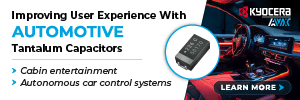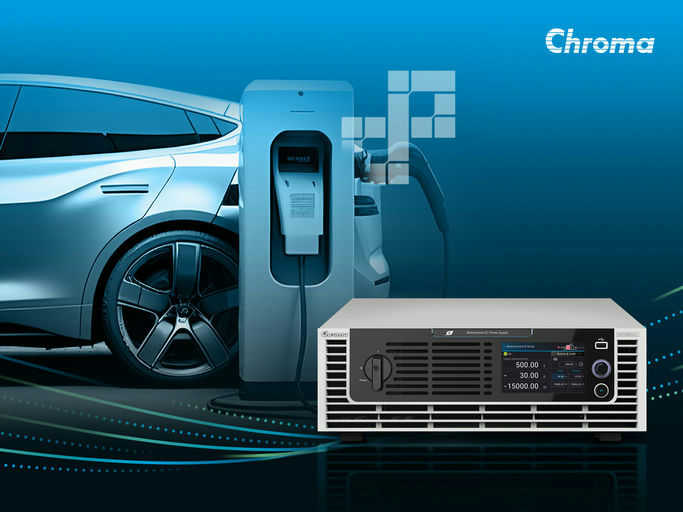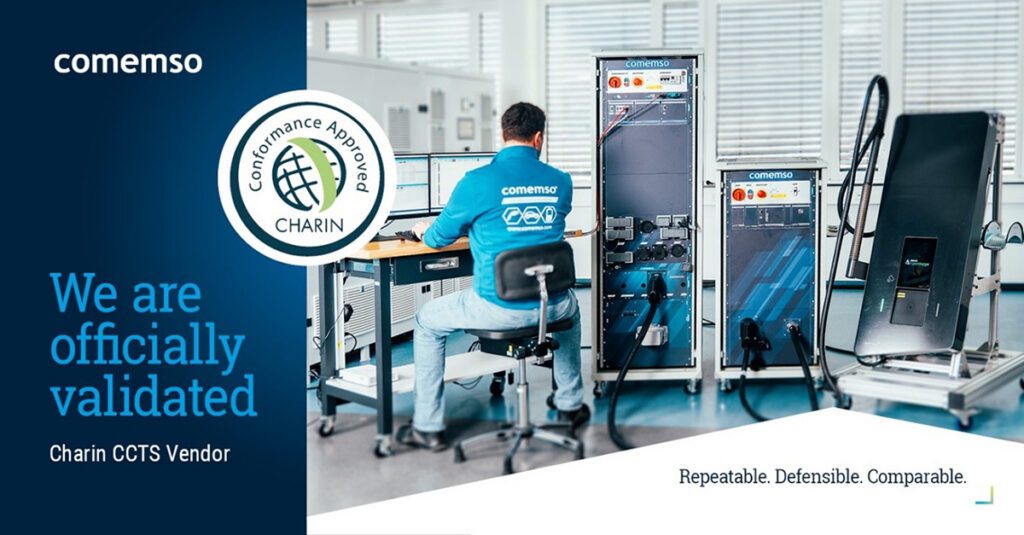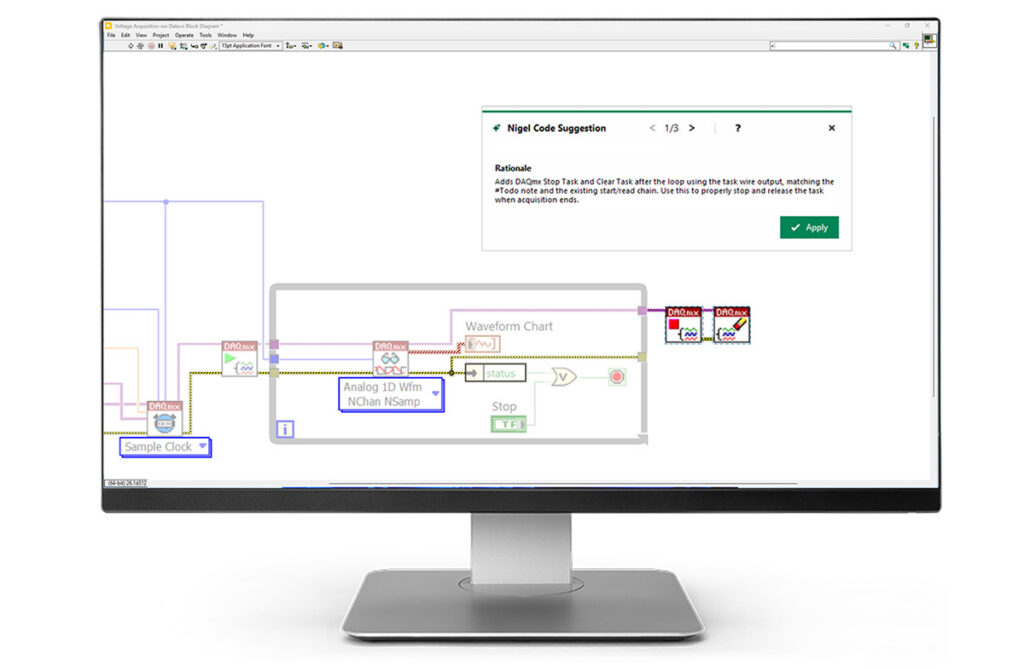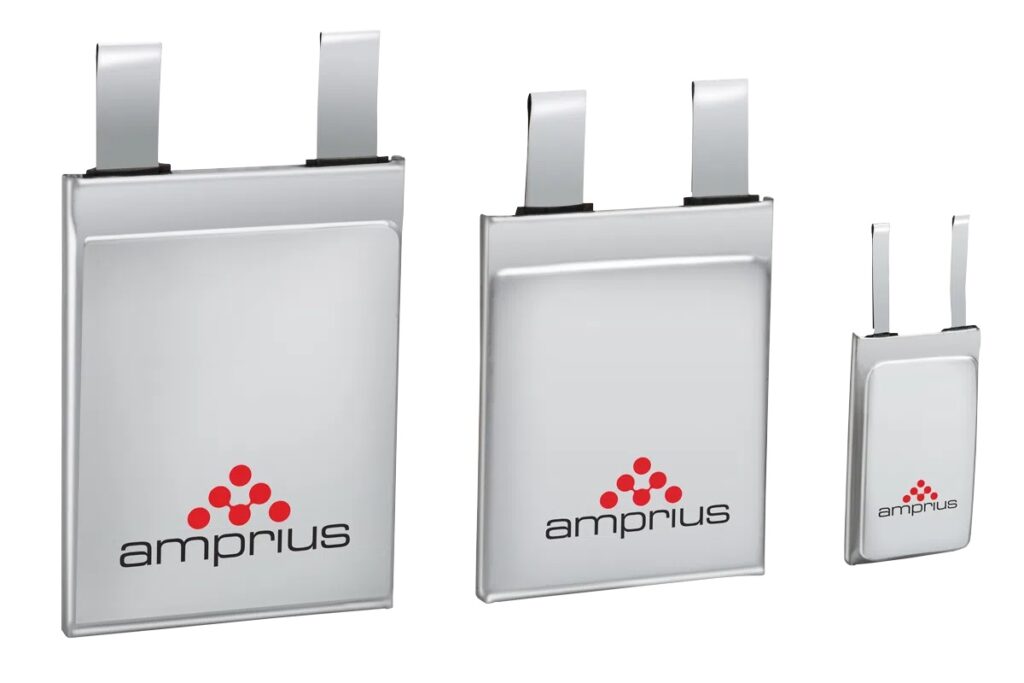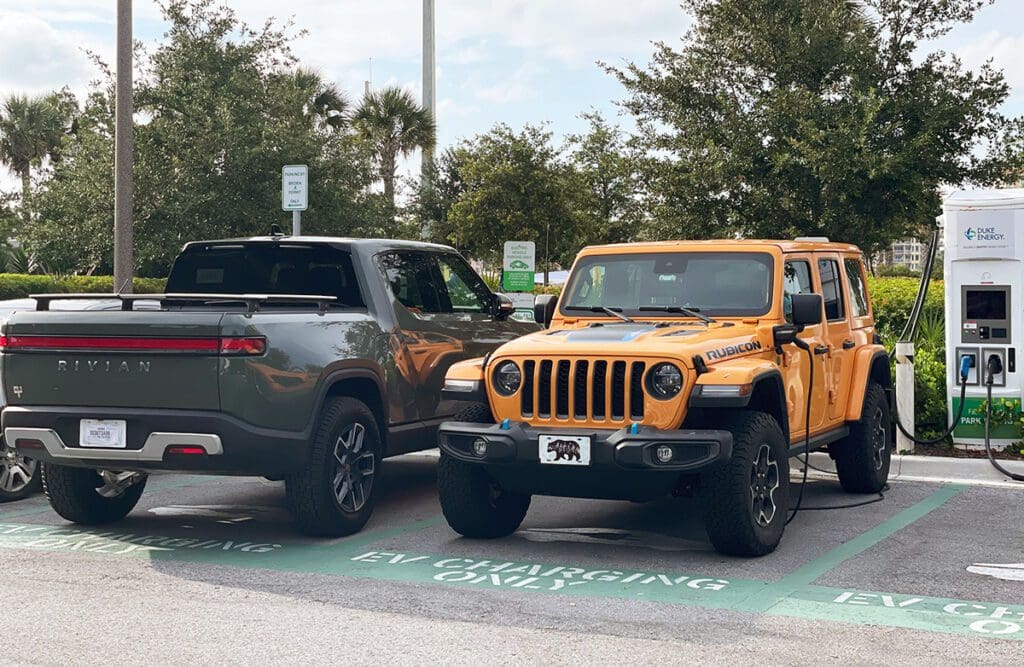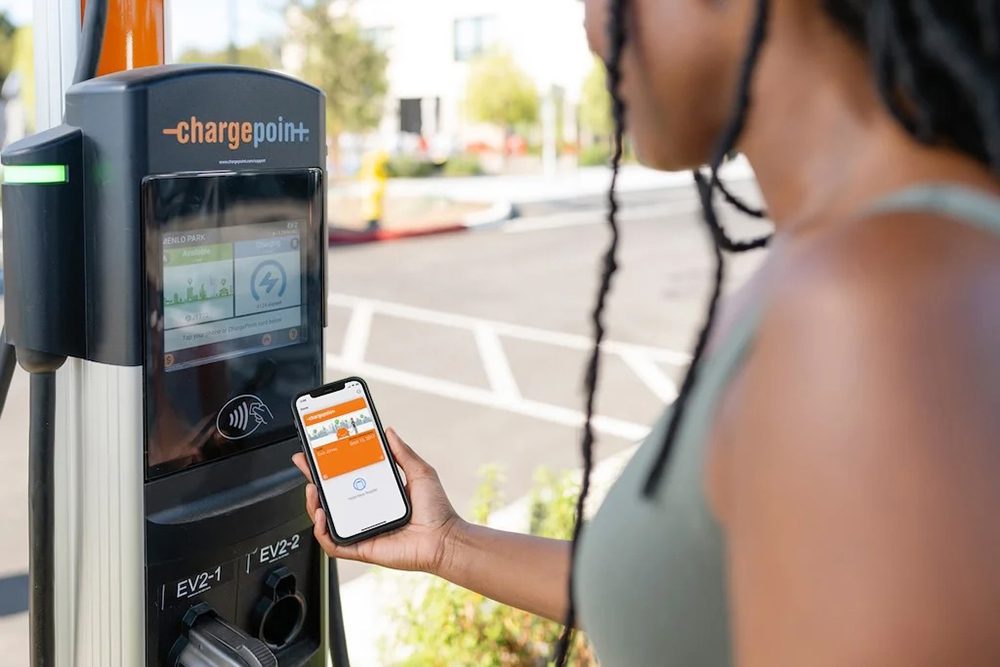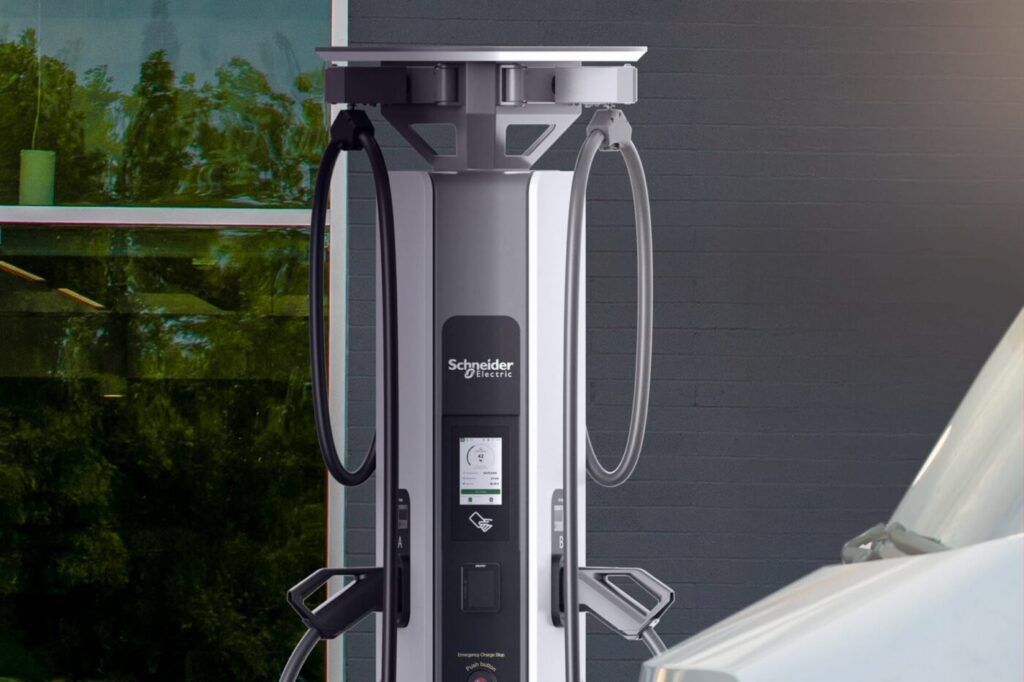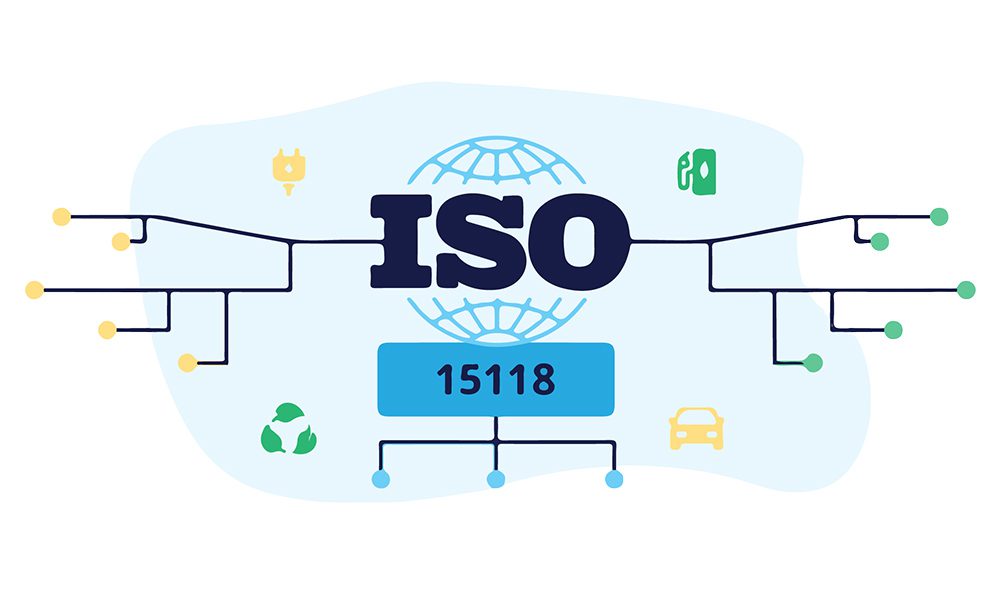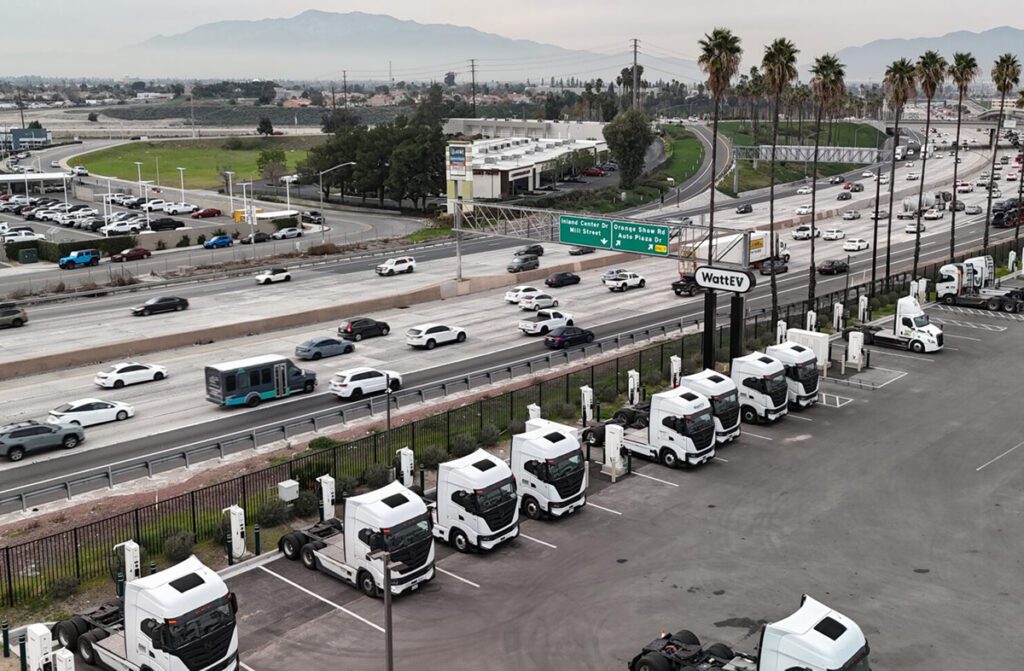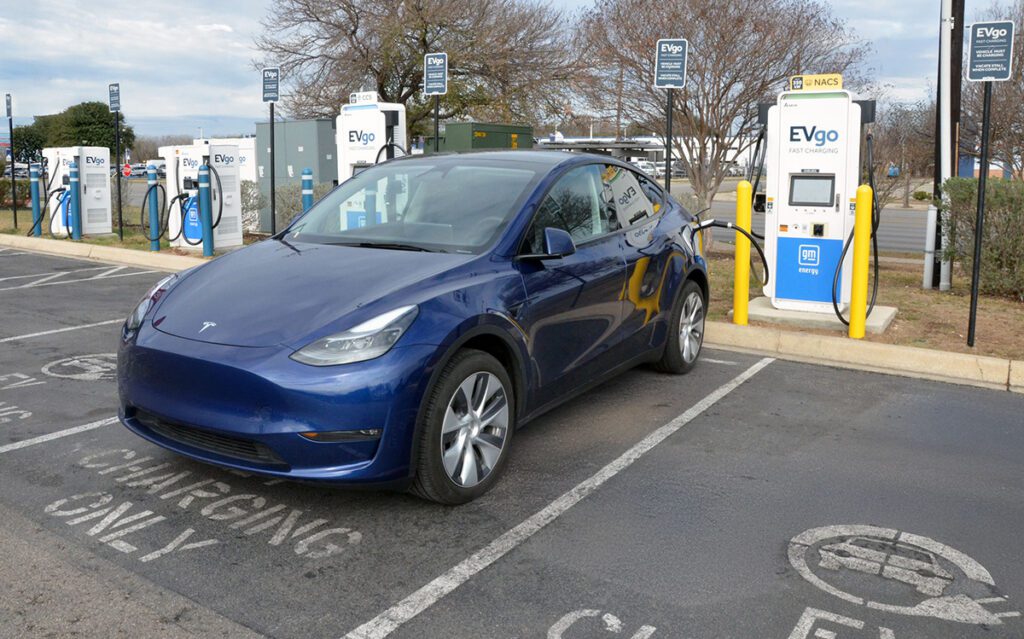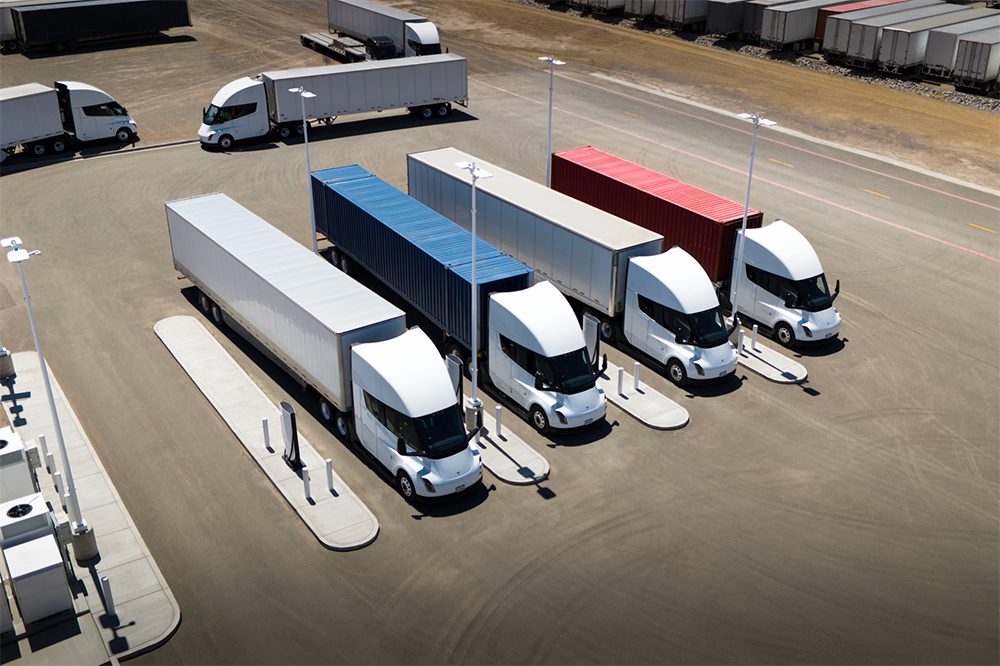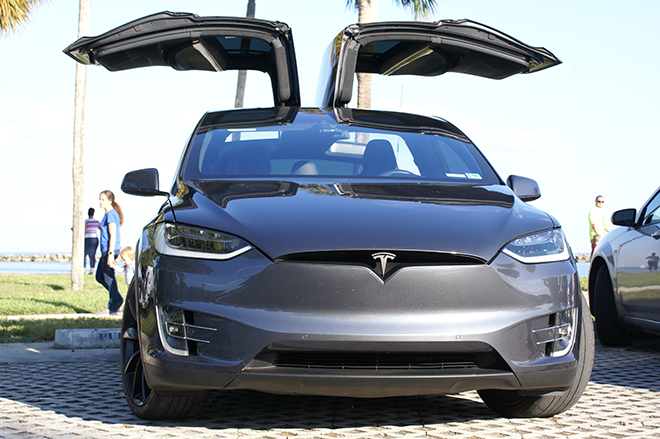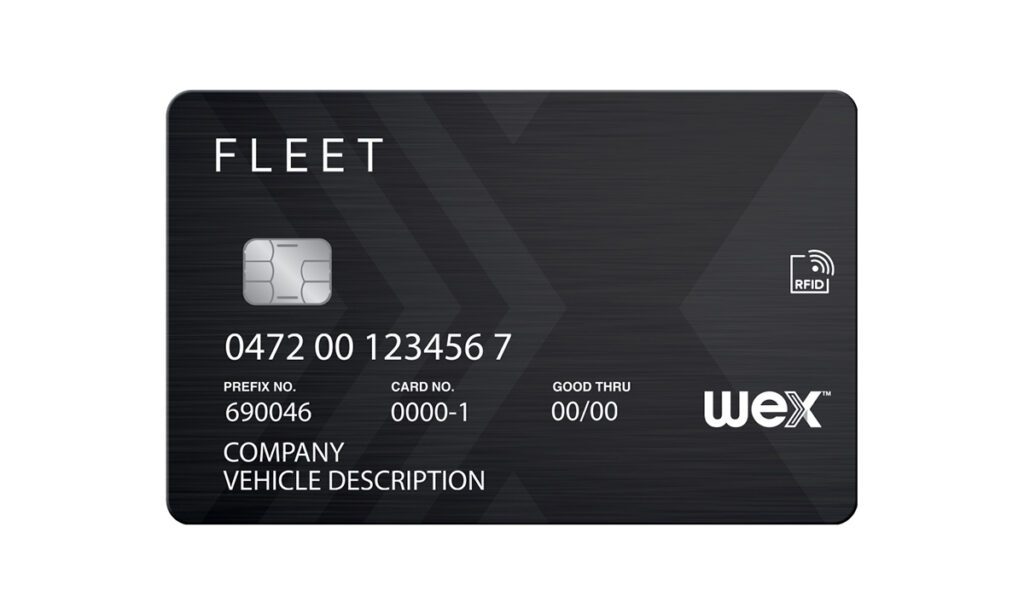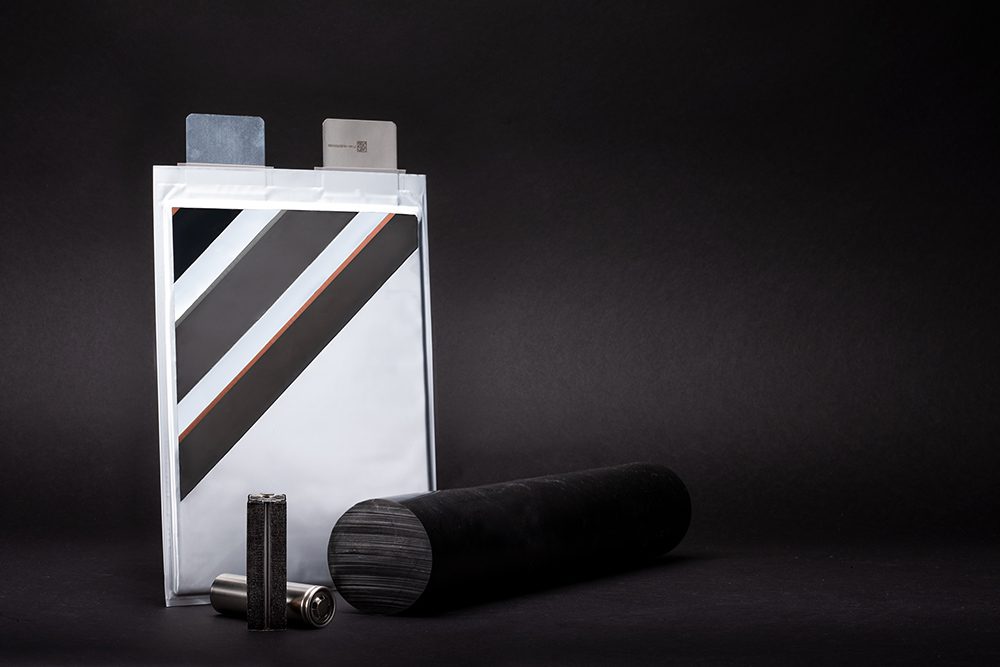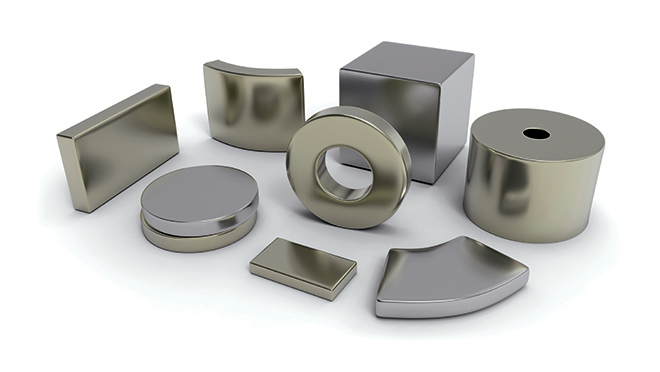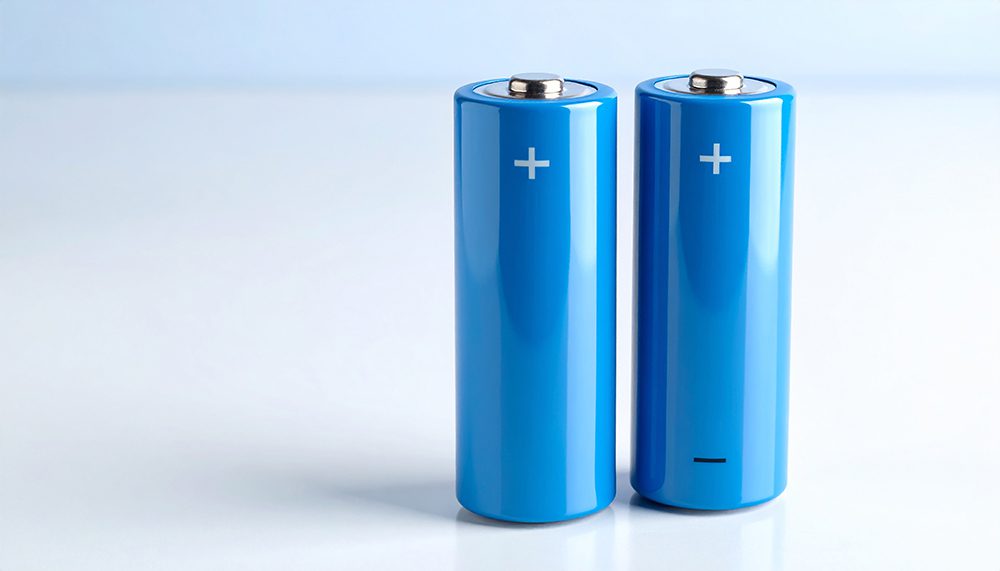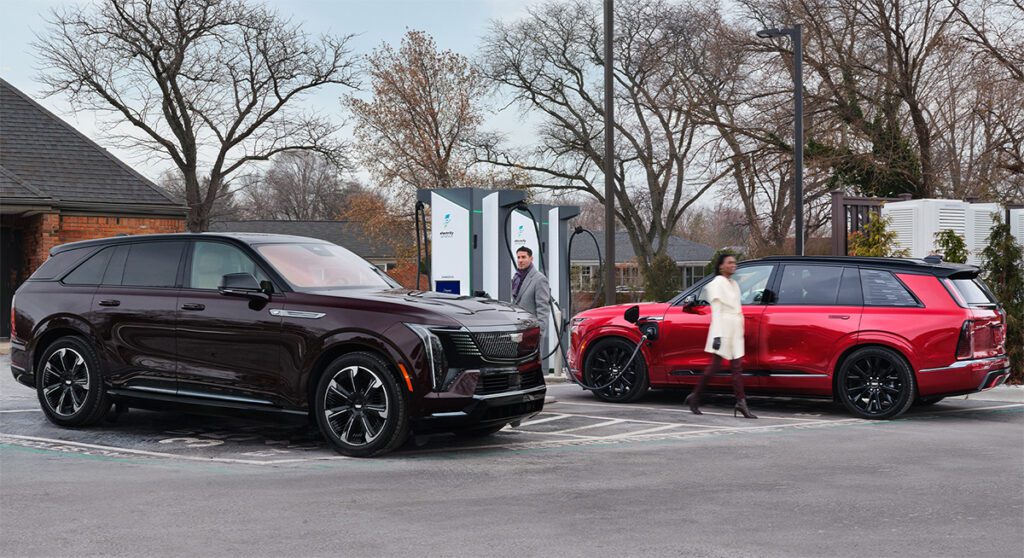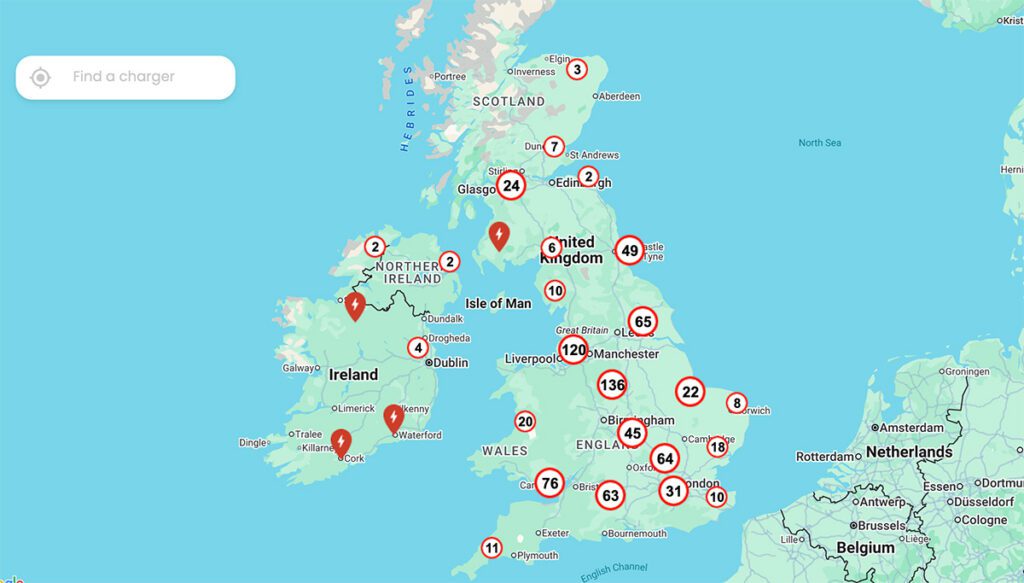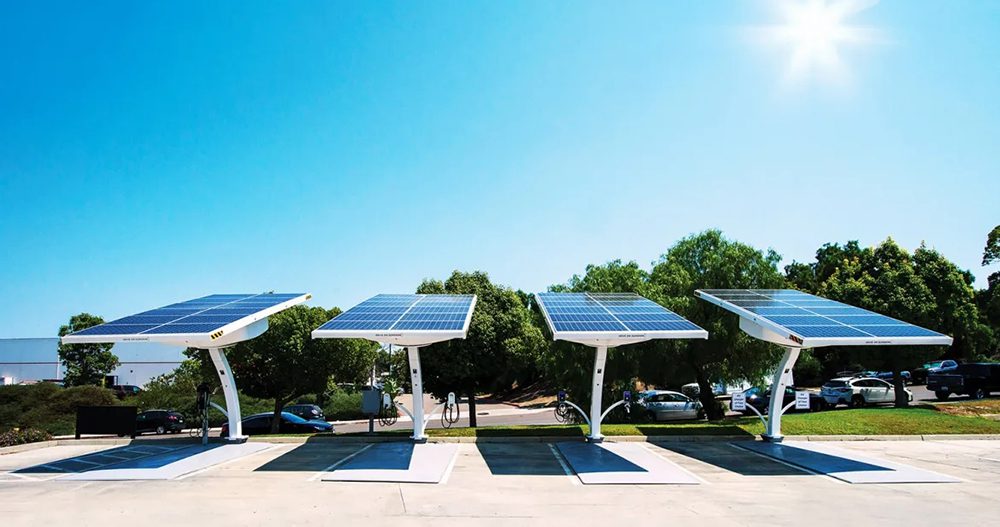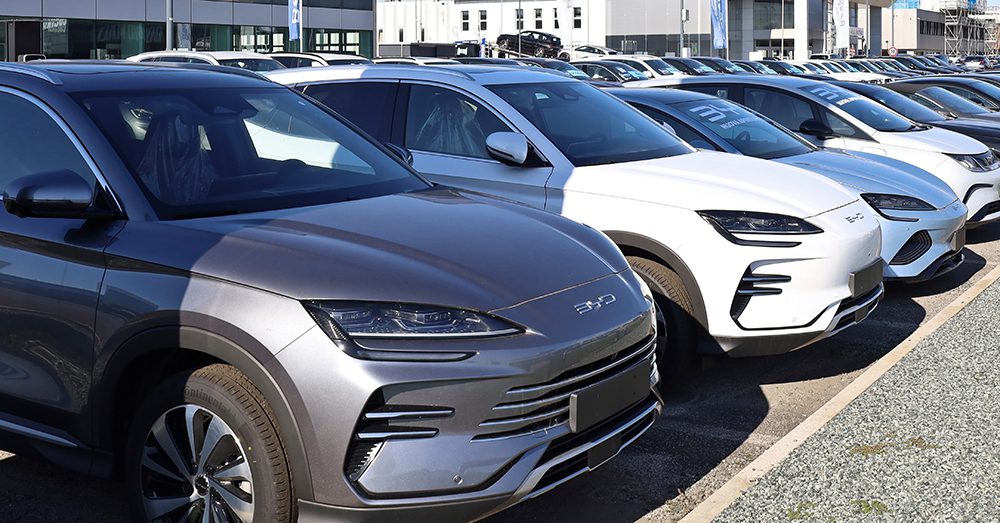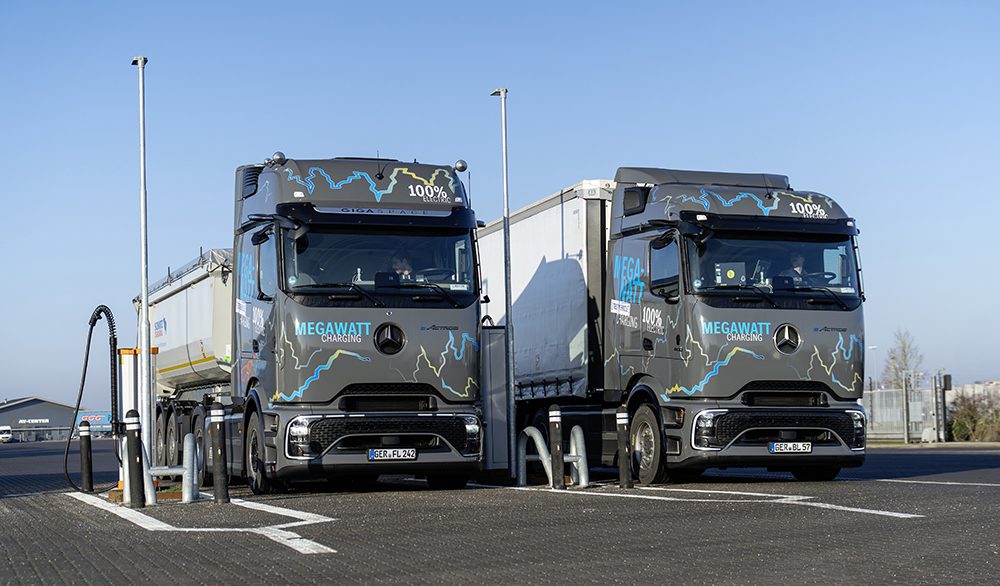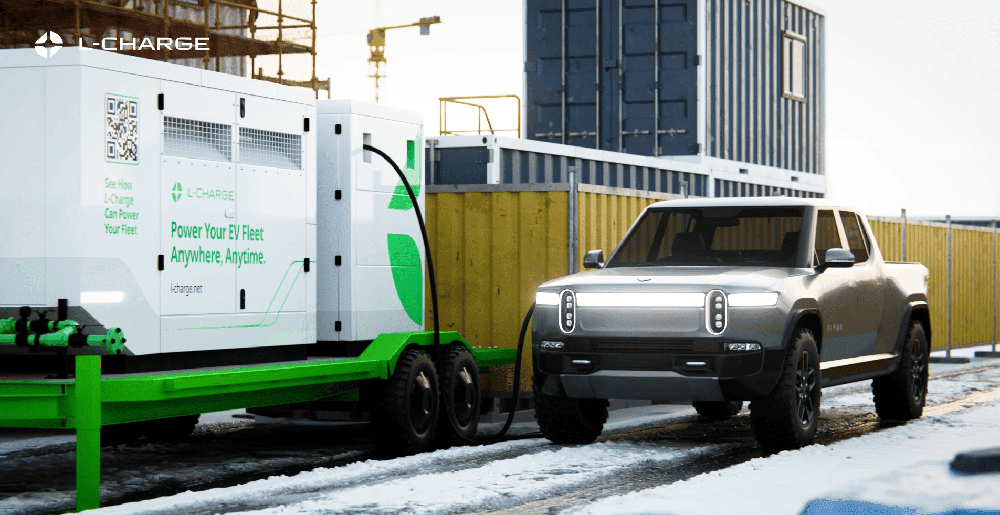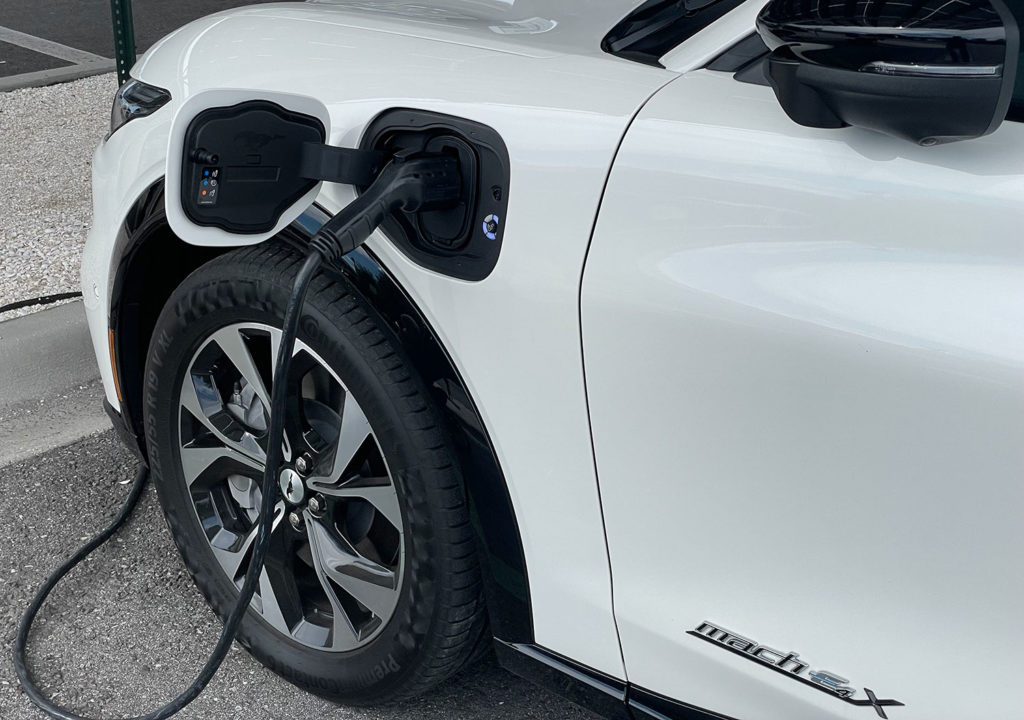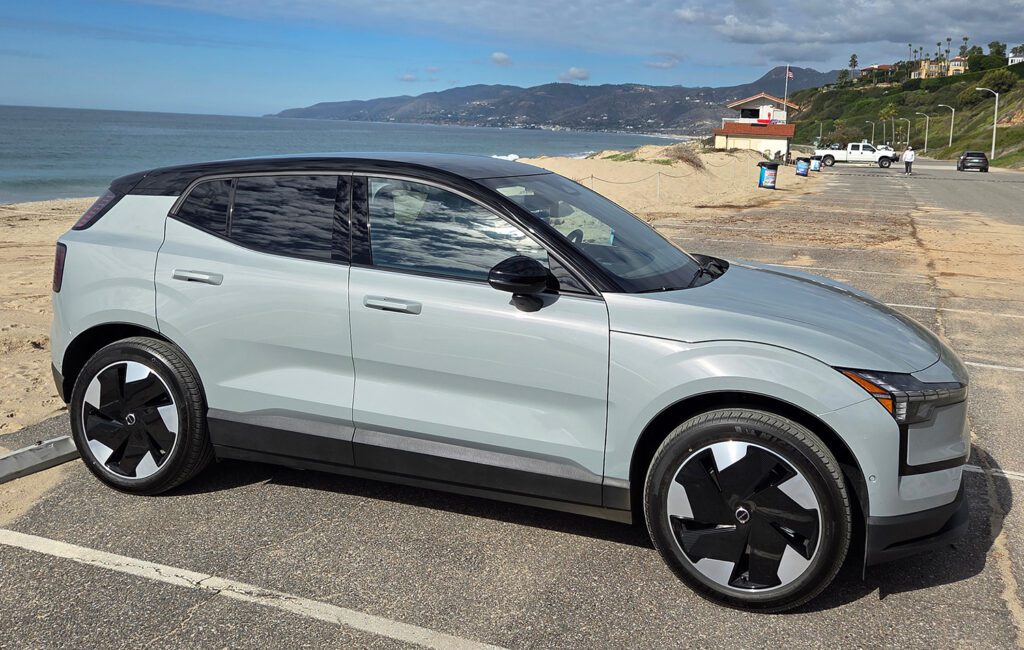Electric vehicle charging station manufacturers face a number of challenges, including connectivity issues, component problems, and incompatibility. How do you know if your DC charger can handle the boundary cases it may face in the field? Well, you test. However, testing has its own challenges. Along with testing the charging process and safety mechanisms, one of the most important test items for multi-coupler EVSE products is power sharing or load management testing.
Chroma mitigates challenges with comprehensive EVSE product reliability and operability test coverage for those boundary cases that may cause product failure. Chroma’s EVSE test solution, integrated with the new PowerPro 5 software platform, is now equipped with multi-threaded testing functions and can simultaneously simulate up to four vehicles with identical or different communication protocols.
Join this webinar at the upcoming Charged Virtual Conference on EV Engineering, presented by Chroma, where you will learn how to ensure EVSE product reliability and operability are at their optimum before field issues arise.
For example, how to control the EVSE to output multiple connectors at the same time based on specified test conditions as well as simulate plugging in at different times to test the equipment’s power sharing capabilities. This test scenario provides realism and, compared to conventional single-coupler testing, reduces the overall testing time by up to 40%, significantly expanding test capacity.
Other sessions at our Fall Virtual Conference include:
New Battery Safety Materials: Preventing Fire And Heat Propagation
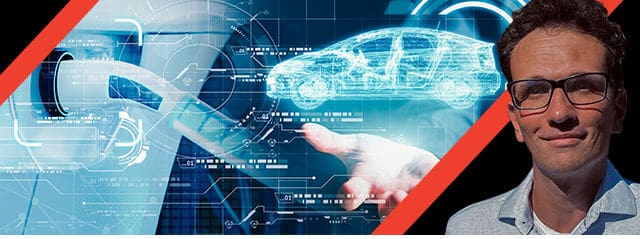
As the demand for electric vehicles and energy storage systems surges, so does the critical need for enhanced battery safety. Fujipoly America is at the forefront of addressing this challenge with its innovative materials designed specifically for battery manufacturers and integrators.
Join this webinar for a product demonstration where we will introduce two groundbreaking solutions: G1S20488 Anti-Thermal Propagation Material. This next-generation material acts as a barrier, effectively stopping heat from spreading between battery cells. This mitigates the risk of thermal runaway, a dangerous chain reaction where overheating in one cell triggers overheating in neighboring cells.
G1S20488 also addresses internal changes within the battery cells themselves, further preventing malfunctions that could lead to safety hazards. G1S20360 Anti-Fire Propagation Material empowers engineers to significantly reduce the risk of battery fires. G1S20360 acts as a fire retardant, hindering the initiation and spread of flames within the battery pack. This critical function provides additional protection in case of unexpected malfunctions and enhances overall battery safety. By incorporating these Fujipoly materials into their battery designs, manufacturers can ensure greater safety and reliability for electric vehicles and energy storage systems, fostering trust and confidence in this transformative technology.
Key Takeaways:
- Enhance battery safety: Fujipoly’s G1S20488 and G1S20360 materials address critical thermal and fire safety challenges in battery technology.
- Prevent thermal runaway: G1S20488 acts as a barrier to stop heat from spreading between battery cells, preventing dangerous chain reactions.
- Suppress fire propagation: G1S20360 significantly reduces the risk of battery fires by hindering flame initiation and spread.
See the full session list for the Fall Virtual Conference on EV Engineering here.

Broadcast live on September 16-19, 2024, the conference content will span the EV engineering supply chain and ecosystem, including motor and power electronics design and manufacturing, cell development, battery systems, testing, powertrains, thermal management, circuit protection, wire and cable, EMI/EMC and more.






